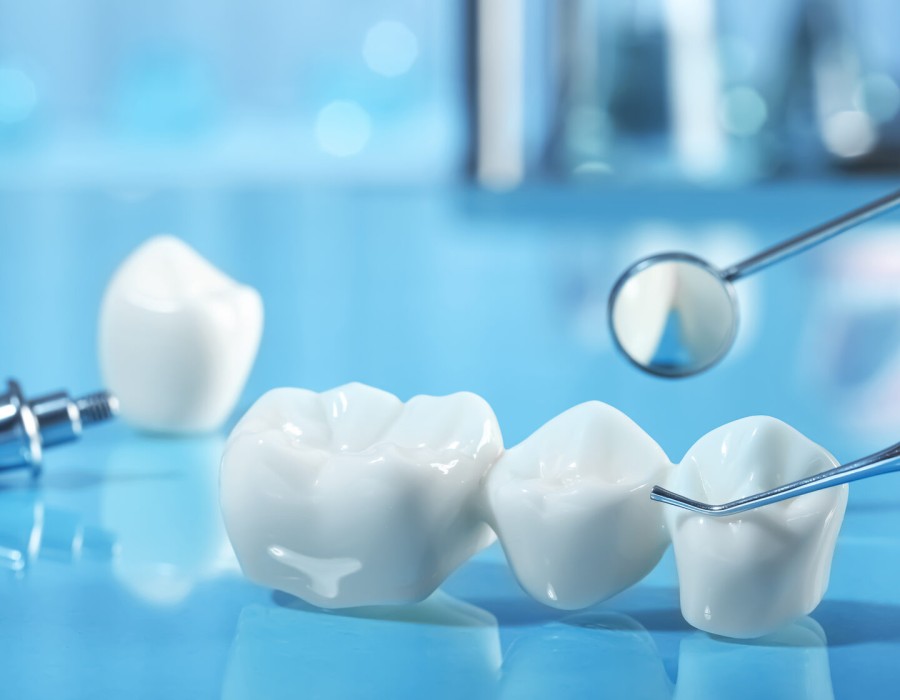If you've ever sat nervously in a dentist’s chair, you probably know that numbing injection all too well. That strange puffiness in your face, the tingly sensation in your lips, and the not-so-fun task of trying to drink water without drooling—it’s a rite of passage in dental care. But here's the question we all ask afterward: how long does dental numbing last? And while we’re at it, how long does dental algid last—because that cold, icy sensation can be just as uncomfortable in its own way.
Well, I recently had a dental procedure done (a cavity filling, to be specific), and I figured it’s time to talk honestly about what the numbing is like, how long it sticks around, and what to expect once it starts wearing off. If you’re someone gearing up for your next dental appointment or just curious (like I was), this one's for you.
So, What Even Is Dental Numbing?
Dental numbing, or local anesthesia, is what your dentist uses to block pain in a specific area of your mouth during procedures like fillings, extractions, or deep cleanings. The most common agent is lidocaine, which kicks in fast and is super effective at dulling pain. Your dentist might use a gel first to numb the surface, then follow it up with an injection into your gum.
And yes, the injection can sting a little—but honestly, it’s a blink-and-you-miss-it moment.
My Experience: How Long Does Dental Numbing Last?
I walked into my appointment around 10 a.m. and the dentist gave me the numbing shot within the first 15 minutes. I started feeling the effects within 2-3 minutes, and within 5 minutes, the entire side of my mouth felt like it didn’t belong to me anymore. Classic.
Now, how long does dental numbing last from there? For me, the numbness stuck around for about 3 hours. This is pretty standard. Most people can expect anywhere between 2 to 5 hours of numbness, depending on:
- Type of anesthetic used
- Your metabolism
- How much was injected
- Where it was injected (upper jaw vs. lower jaw)
Some people metabolize the anesthesia faster and bounce back within 2 hours, while others (especially those who had a more complex procedure) might feel the effects for closer to 5.
What Does It Feel Like When It Wears Off?
This part is kind of weird but manageable. The tingly, puffed feeling slowly fades into slight sensitivity. You might feel little muscle twitches as the nerves “wake up,” but nothing painful. It's like when your foot falls asleep and then starts waking up—annoying but harmless.
One solid piece of advice: don’t eat until the numbness fully wears off. I made the mistake of biting my lip while eating a sandwich too soon after. Ouch—and it bled for hours.
Wait, What’s Dental Algid? And How Long Does Dental Algid Last?
Okay, so let’s talk about dental algid—which is basically the cold feeling or chill you sometimes get after certain dental treatments, especially during or after a procedure involving water spray, air, or certain materials like alginate (used for impressions). Sometimes, people call it the “cold shock” sensation, especially when it lingers in sensitive areas.
Now, how long does dental algid last really depends on the cause. In my case, after getting an impression taken, I felt a kind of icy sensation in my gums and teeth for maybe 20–30 minutes. If the cold sensitivity was caused by nerve irritation, it might last a little longer—up to a day or so—but that’s rare.
Usually, dental algid is temporary and fades as soon as the tooth surface warms up again or your nerves settle. A warm rinse or avoiding cold foods afterward helps speed things up.
Tips for Handling Dental Numbing & Algid Sensations
Here are some things I’ve learned (the hard way):
- Be patient. Don’t try to rush your mouth back to normal. Let the anesthetic wear off naturally.
- No hot drinks. You might not feel the heat, and you could burn your tongue.
- Skip solid foods. Stick to soft stuff until you’re sure you won’t accidentally bite yourself.
- Warm compress for algid relief. If you feel lingering cold sensitivity, try a warm (not hot!) compress outside your cheek.
- Talk to your dentist. If numbness or sensitivity lasts more than 5 hours or comes with pain, it’s worth calling your clinic.
Final Thoughts
Honestly, dental numbness isn't as bad as we make it out to be. Sure, it's awkward and makes talking funny for a while—but it's also what lets dentists work their magic without causing pain. The key takeaway? How long dental numbing lasts depends on your body and the procedure, but it’s not forever. Just plan ahead, give yourself a chill day after the appointment, and you’ll be fine.





Comments